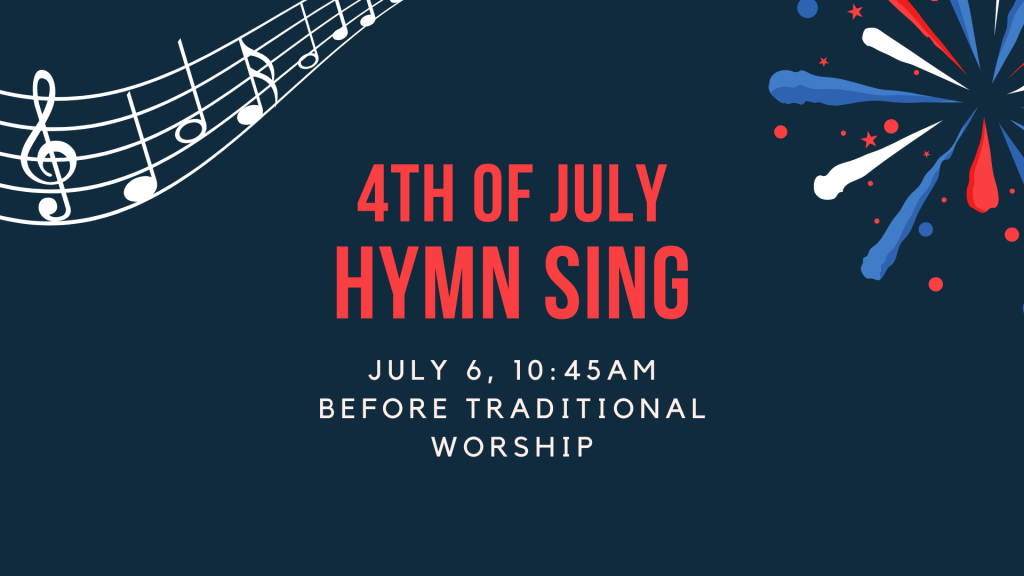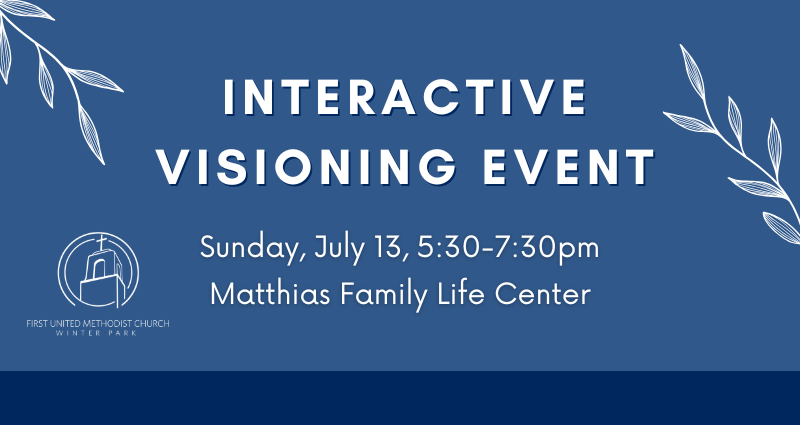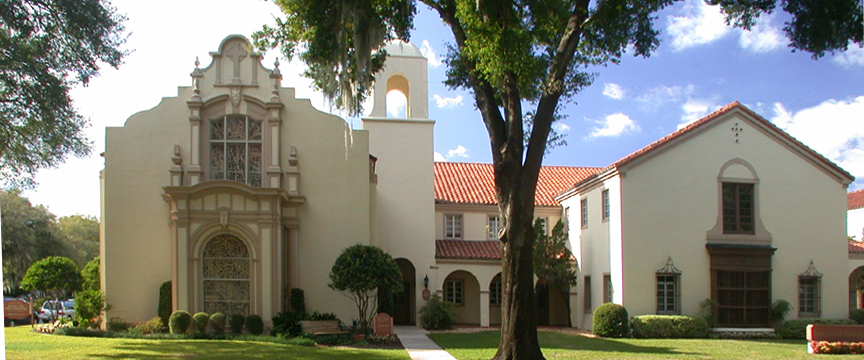Truth, Justice, Mercy, and The Christ Way
For the past three years, we’ve been so happy to have with us again our dear friend, Barbara Thompson, who is the associate director of UCF’s Office of Diversity and Inclusion, to facilitate our discussions here FUMCWP. She has been educating, guiding, and challenging us to unearth our hidden biases, face our blindspotting of privilege and power, and analyze those embedded systems of racism, misogyny, and homophobias that keep us from being Christ disciples.
As Ibram Kendi, professor and director of American University’s Anti-racist Research & Policy Center states, “Sometimes to be anti-racists, we have to admit those times when we are being racists.”
Our study around the book, Just Mercy, by Bryan Stevenson is particularly important now, because of the mass incarceration complex, which is set up to imprison one out of three black babies born. This conversation is also timely because of the recent killings of Ahmaud Arbery, Breonna Taylor, and George Floyd, just to name a few; and particularly crucial during this pandemic where black and brown people, are disproportionately dying.
We must remember, the Jesus we worship, loved the stranger, the immigrant, the poor, children, the widow, and the persecuted. We also must remember that Jesus was arrested and tried as a condemned criminal; and crucified by the authorities of his day.
According to, author, entrepreneur, and venture capital investor Jacqueline Novogratz, there are four dimensions to becoming a whole person:
- Empathy is important, but there are limitations to empathy. It’s not enough just to listen to other people’s stories.
- Proximity, Bryan Stevenson’s vision of ‘getting proximate to suffering’ goes even further than being a savior. It is about the intrinsic value of these associations and relationships.
- Analysis is about understanding those systems promote division.
- Action: For a start, Bryan Stevenson recommends that we:
- Change the narratives that sustain hurt and harm;
- Stay hopeful about what we can do to end injustice; and
- Be willing to do things that are uncomfortable, like acknowledging our biases and complicities.
Bryan Stevenson, as a Christ disciple and crusader, models for us a life of integrity and purpose. It is our hope that through these types of studies and dialogues, together we are journeying towards becoming integrated human beings and disciples of Christ, who put love into action and who are willing to fight for justice, reconciliation and unity.











